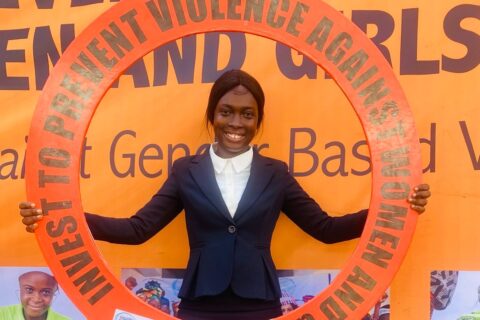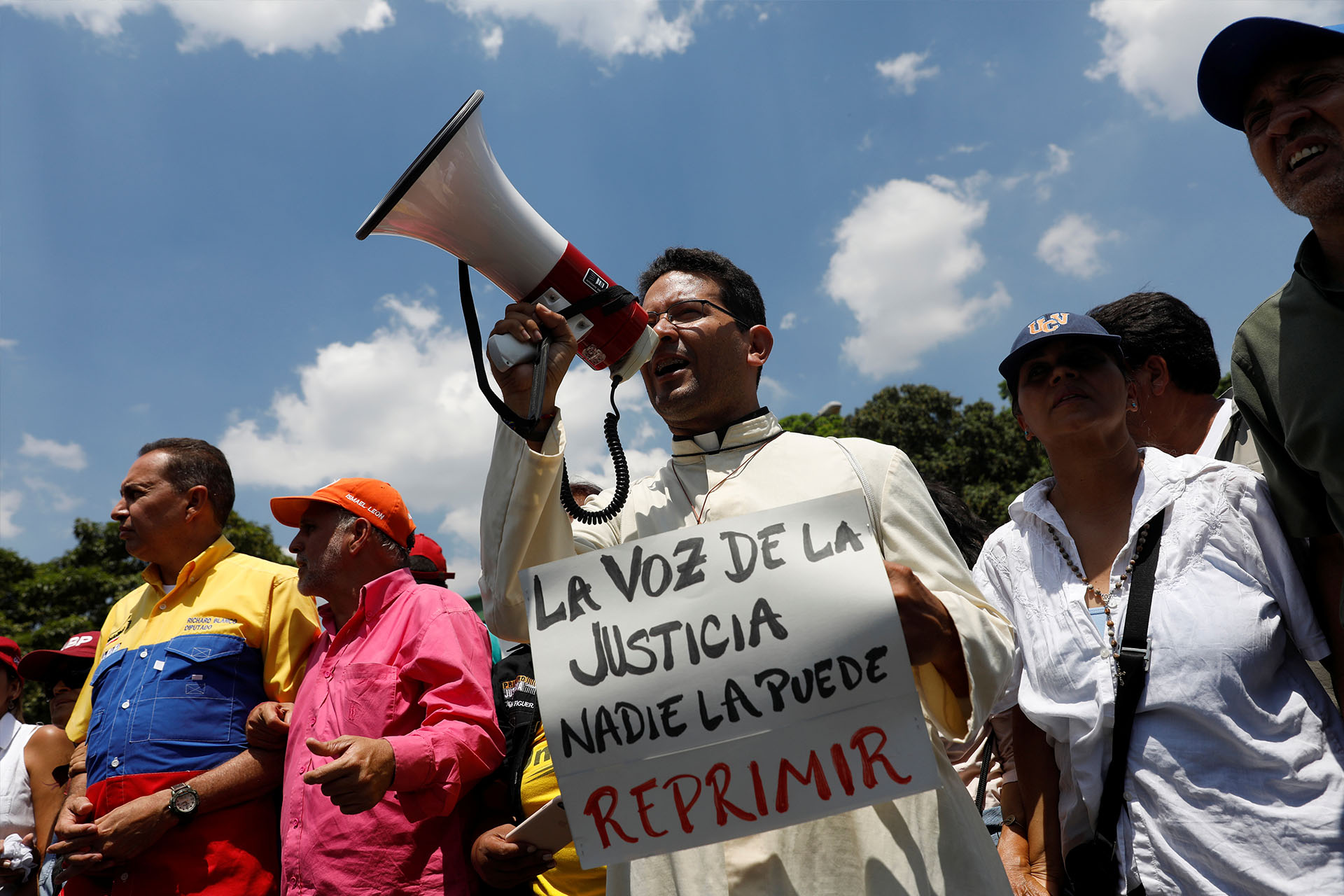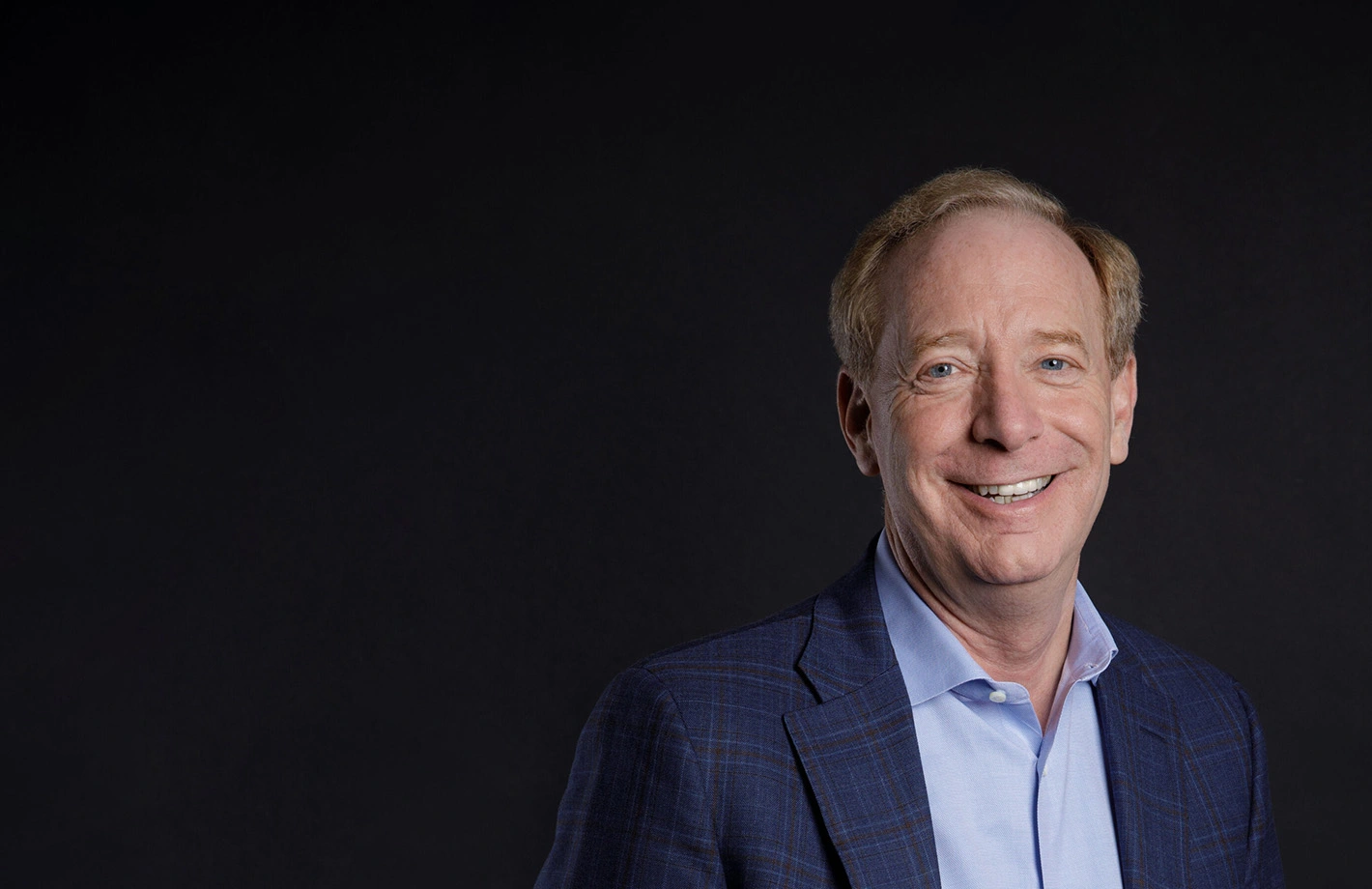Our team of legal experts has helped free dozens of journalists around the world from unjust prison sentences and sham charges.
We have empowered thousands of women to assert their rights.
And our advocacy is helping overturn and reform anti-democratic laws that governments misuse against women, journalists and democracy defenders.
By the Numbers
100%
success rate before international human rights bodies
1,250
+
hearings monitored
6,500
+
women and girls receiving free legal services
10,000
+
hours of free legal aid in defense of women and speech
An Unrivaled Track Record
CFJ’s work draws on Co-Founder Amal Clooney’s unparalleled track record securing the release of unjustly imprisoned journalists and human rights defenders around the globe.
Her clients have included Al Jazeera Egypt bureau chief Mohamed Fahmy, Nobel Peace Prize Laureates Maria Ressa and Nadia Murad, Pulitzer Prize-winning Reuters journalists Wa Lone and Kyaw Soe Oo (shown right), Ukrainian Prime Minister Yulia Tymoshenko, president of the Philippines Gloria Macapagal-Arroyo and President of the Maldives Mohamed Nasheed.
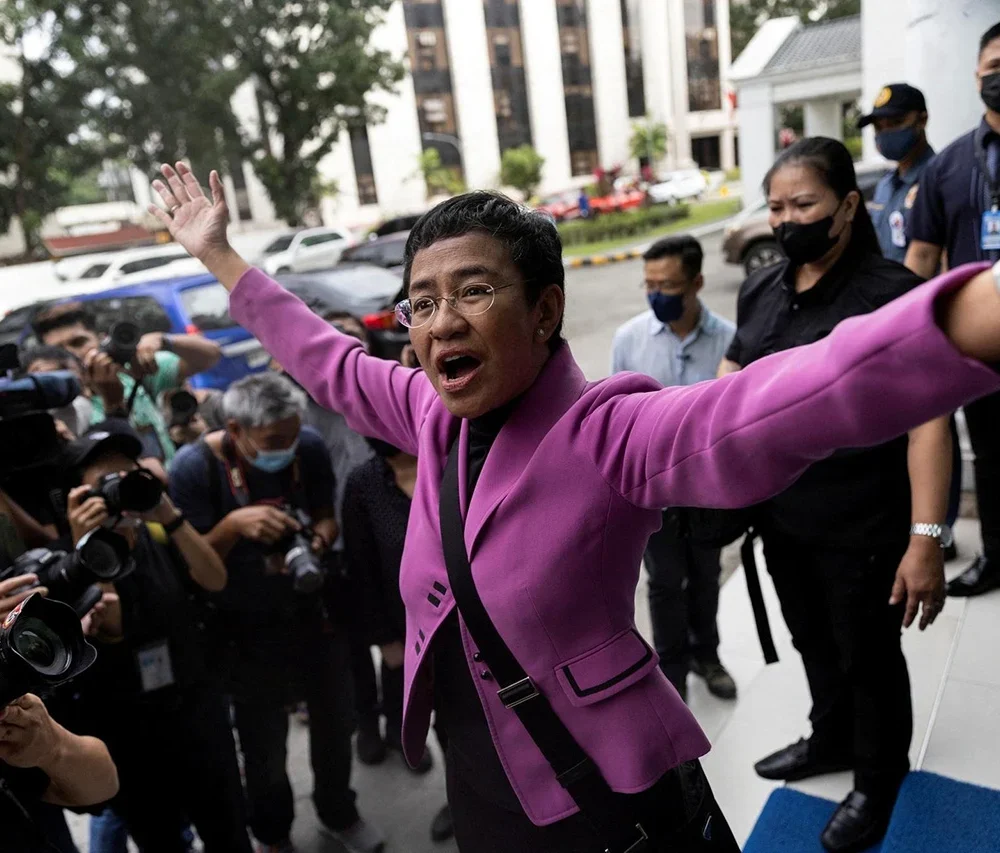
Amal taking my case helps give me the courage to do what we're doing, to continue standing up to power. Because I know that if something happens - I know she's there.
Nobel Laureate & U.S.-Filipina Journalist
Defending Free Speech
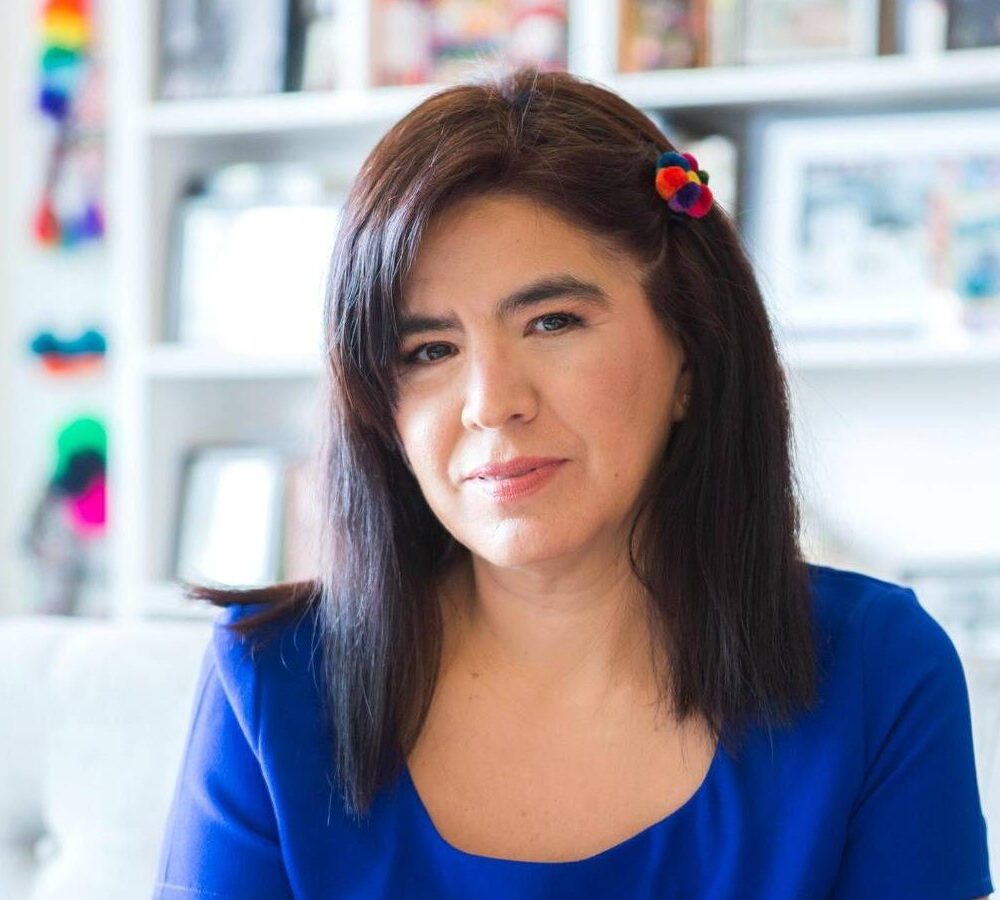
TrialWatch plays an invaluable role for journalists around the world. In my case ... the assistance was not only exceptional, but it came at the perfect time.
Peruvian Journalist
TrialWatch’s concerted advocacy led to a retrial being ordered for José Rubén Zamora, an award-winning Guatemalan journalist known for investigating corruption. Zamora was arrested on money laundering charges days after publishing an article critical of the President and subsequently convicted and given a six-year prison sentence.
We monitored Zamora’s trial and documented egregious due process violations. Zamora was denied the right to present evidence or call witnesses in his defense and had to retain 10 different lawyers, as four were themselves criminally prosecuted. Our expert graded the trial an “F” and the UN Working Group on Arbitrary Detention declared the case unfair.
Our reporting and analysis were widely covered in the press, including by the New York Times, Financial Times and El País.
Hajar Raissouni, an independent Moroccan journalist who reported on protests against the government, was sentenced to over a year in prison for having pre-marital sex and an abortion which she said never happened, following an investigation marred with severe violations. Following TrialWatch’s intervention, Raissouni was ultimately freed and pardoned.
The case received significant global scrutiny following TrialWatch’s involvement, with The New York Times and others reporting on our findings. TrialWatch expert barrister Helena Kennedy KC, head of the International Bar Association Human Rights Institute, graded the trial a “D,” finding numerous fair trial violations and evidence that it was politically motivated.
Nigerian citizen journalist Omoyele Sowere was released from detention and had his charges struck out after TrialWatch’s reporting and advocacy about his case.
Sowore was charged with conspiracy to commit treason for calling for peaceful protest and faced shifting accusations that appeared politically motivated. TrialWatch’s reporting and advocacy led to the charges being struck out.
Dian Abdullah is a Malaysian blogger charged with ‘offensive communication’ after publishing a critical post about Malaysia’s response to the COVID-19 pandemic. The prosecution offered to settle the case for a fine after TrialWatch released an analysis of the charges. She previously faced a prison sentence.
TrialWatch then filed an amicus brief in a constitutional challenge to the law misused against Dian and others. We are awaiting a decision which could overturn this vague law that chills speech across Malaysia.
Journalists across the world are targeted by baseless charges, known as SLAPPs, intended to silence their reporting. Thailand enacted some protections against these cases, but TrialWatch found them to be insufficient following a review of dozens of SLAPP cases. We are working with key stakeholders in Thailand to shape further protections against abusive lawsuits. And through TrialWatch’s work on SLAPPs, journalists such as Chutima Sidasathian (pictured here) have since been acquitted.
Defending Women's Rights
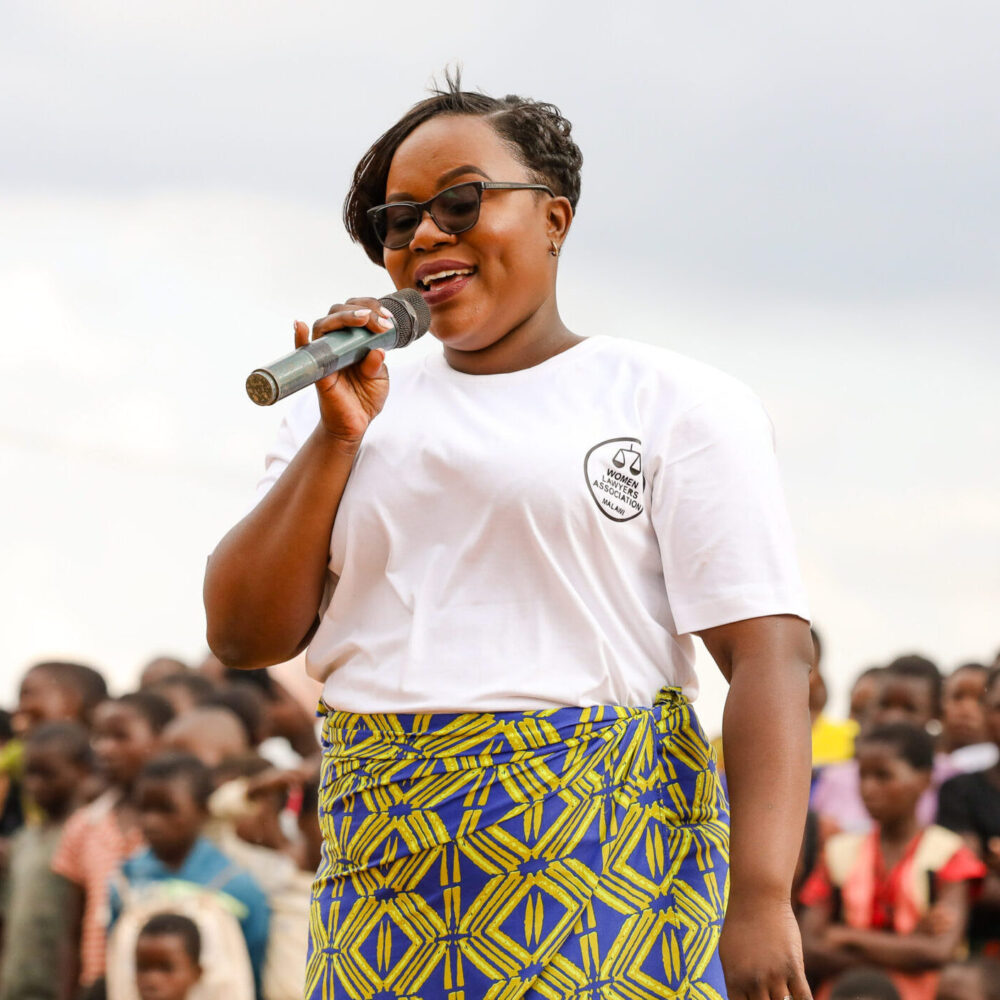
Thanks to the Clooney Foundation's support we are now able to reach [rural] areas, and to focus on child marriage, for the first time.
President of WLA
12 million girls are married before the age of 18 each year, making them more likely to leave school, experience violence and have an unintended pregnancy. CFJ has joined forces with two feminist giants, Former First Lady Michelle Obama and Melinda French Gates, their organizations and other child marriage experts to spotlight this critical issue affecting girls around the world. This powerhouse trio and our grassroots partners have engaged in joint advocacy that has been featured in TIME Magazine, Glamour and the BBC and travelled to Malawi and South Africa to meet with women and girls, working together to eliminate the barriers they face.
CFJ filed an amicus brief in a landmark case, filed by our partners including Equality Now, that contributed to Tanzania’s reversal of its policy expelling married and pregnant girls from school. This policy impacts 1 in 4 girls in Tanzania.
CFJ and our Malawian partner, the Women Lawyers Association, launched mobile legal aid clinics in 12 child marriage hotspots, advising more than 4,000 women and girls on cases of gender-based violence, securing protective orders from perpetrators and financial independence for them and their children and more.
Evelyn Hernandez was prosecuted for aggravated homicide for an obstetric emergency she suffered while giving birth. TrialWatch monitored her case and she was ultimately acquitted. But CFJ did not stop there. We intervened in an Inter-American Court case challenging El Salvador’s prosecution of women for miscarriages, leading to a $200,000 compensation order and sweeping legal reforms in women’s healthcare.
Co-Founder Amal Clooney represented ISIS victims in the first three cases anywhere in the world in which ISIS members have been convicted of genocide, and five trials resulting in convictions of ISIS members for crimes against humanity.
CFJ is a party in the case against Roger Lumbala, the only Congolese warlord currently facing trial internationally for the rape and murder of Congolese women and girls.
WJW intervened in a South African case filed by the Women’s Legal Center challenging laws that silence victims of sexual violence and their supporters. The case concerns activist Caroline Peters, who was charged for posting an accused’s name after his court appearance. In the #MeToo era, this case has the power to set critical precedent and increase accountability for GBV in South Africa and beyond. Our legal clinic partner WLA successfully secured court-ordered maintenance and food expenses for a 16-year-old pregnant girl after the father of her child refused to pay.
TrialWatch and the American Bar Association analyzed dozens of cases under Kenya’s law against female genital mutilation (FGM), coming to a disturbing conclusion: survivors were being prosecuted more often that cutters. A Kenyan lawmaker has since raised the issue in the Senate, and is working with law enforcement to strengthen protections for survivors of FGM.
Spotlighting our Fellows' Impact
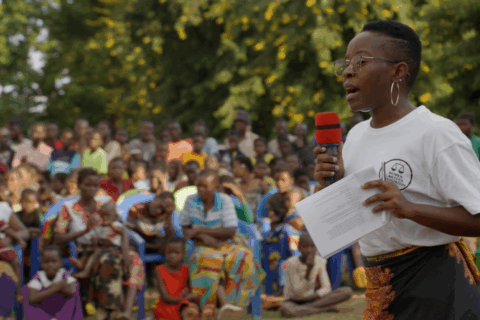
Brenda Khwale
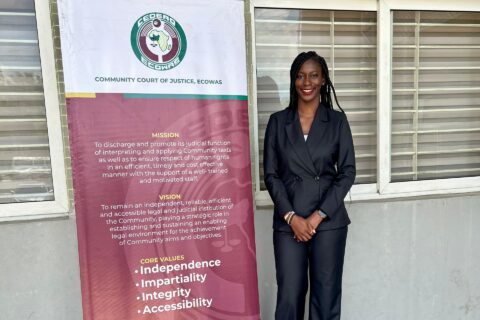
Awa Gai
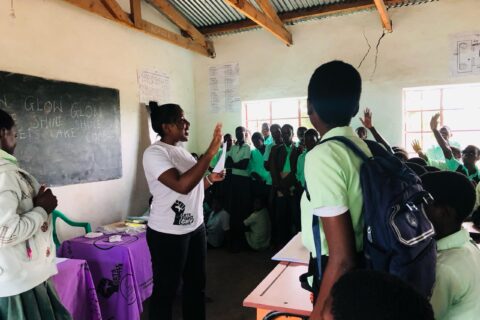
Hope Gee Williams
